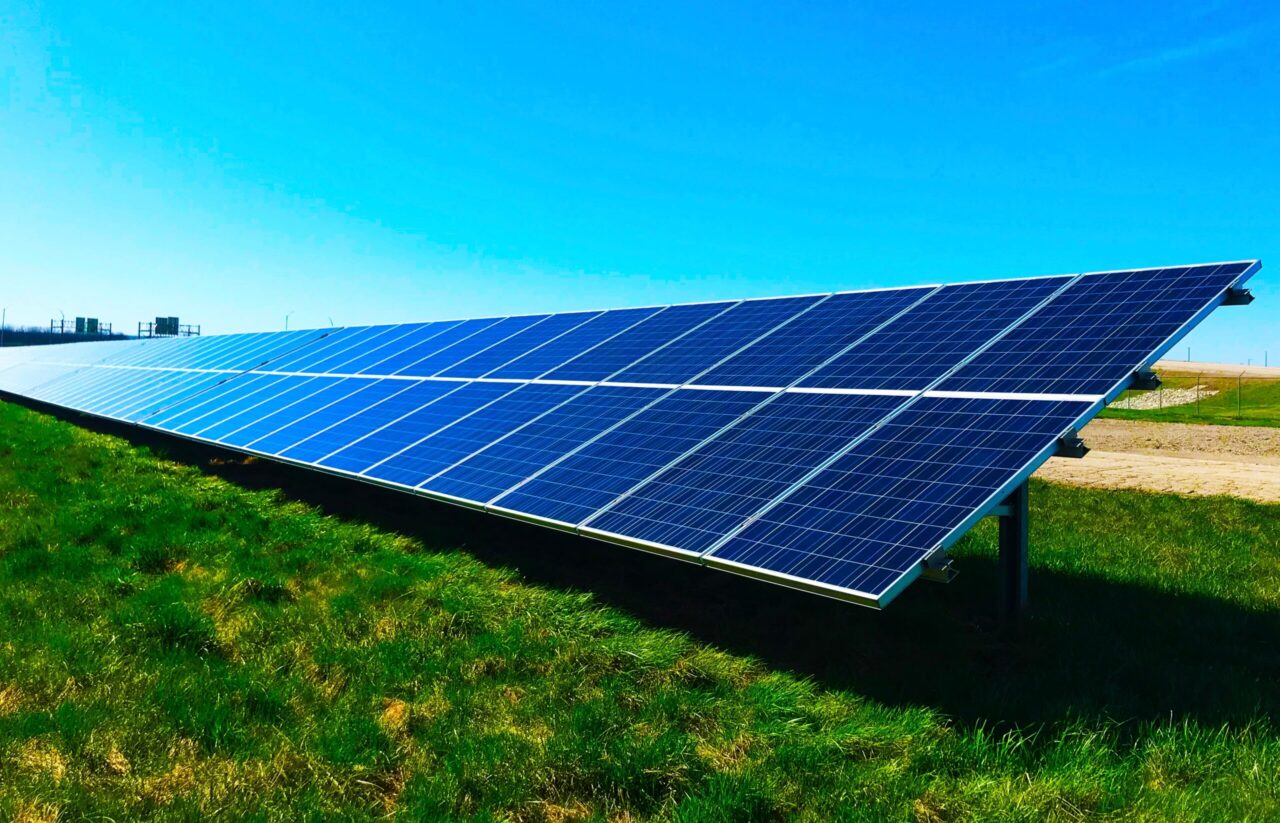In a world increasingly defined by environmental challenges and the urgency to combat climate change, today’s youth play a pivotal role in shaping the future. Renewable energy is a key component of the transition to a sustainable and low-carbon society. To engage effectively in this transition, young people need to understand the fundamentals of its sources, their importance, and the opportunities they present. This article aims to provide a concise overview of what youth need to know about renewable energy.
What Are Renewable Energy Sources?
These are natural resources that can be harnessed to generate energy without depleting them over time. They are essentially inexhaustible and have a significantly lower environmental impact compared to fossil fuels. The primary types include:
- Solar Energy: Captured from sunlight through photovoltaic cells or solar thermal systems.
- Wind Energy: Generated by harnessing the kinetic energy of wind through wind turbines.
- Hydropower: Derived from the movement of water, usually in dams or rivers.
- Biomass Energy: Produced from organic materials like wood, agricultural residues, and biofuels.
- Geothermal Energy: Tapped from the Earth’s internal heat through geothermal power plants.
Why Are Renewable Energy Sources Important?
The sources are crucial for several reasons:
- Climate Change Mitigation: They produce little to no greenhouse gas emissions, helping reduce global warming.
- Energy Security: They reduce dependence on fossil fuels, which are subject to price fluctuations and geopolitical tensions.
- Sustainable Development: Renewable energy supports economic growth and job creation while safeguarding the environment.
- Environmental Benefits: They reduce air and water pollution, protect ecosystems, and conserve natural resources.
The Role of Youth in Advancing Renewable Energy
Young people have a unique opportunity to drive change in the sector:
- Advocacy: Engage in climate activism and advocate for policies that promote adoption.
- Education: Pursue careers in this field and promote green education.
- Innovation: Explore and develop new technologies to enhance efficiency.
- Sustainable Lifestyles: Adopt energy-efficient habits in daily life and inspire others to do the same.
Opportunities in Renewable Energy Careers
This sector offers diverse career opportunities, including:
- Solar and Wind Energy Technicians
- Renewable Energy Engineers
- Energy Analysts and Researchers
- Sustainable Designers and Architects
- Environmental Planners and Policy Analysts
Conclusion
Renewable energy is a cornerstone of the sustainable future we all aspire to achieve. Understanding the basics of its sources, their significance, and the role of youth in advancing them is essential. By becoming informed advocates and exploring careers, young people can contribute significantly to a greener and more sustainable planet. Embrace the opportunities it presents, and together, we can create a brighter and cleaner future for generations to come.
By Muzzafar-Din Essel, photo by Chelsea on Unsplash.



